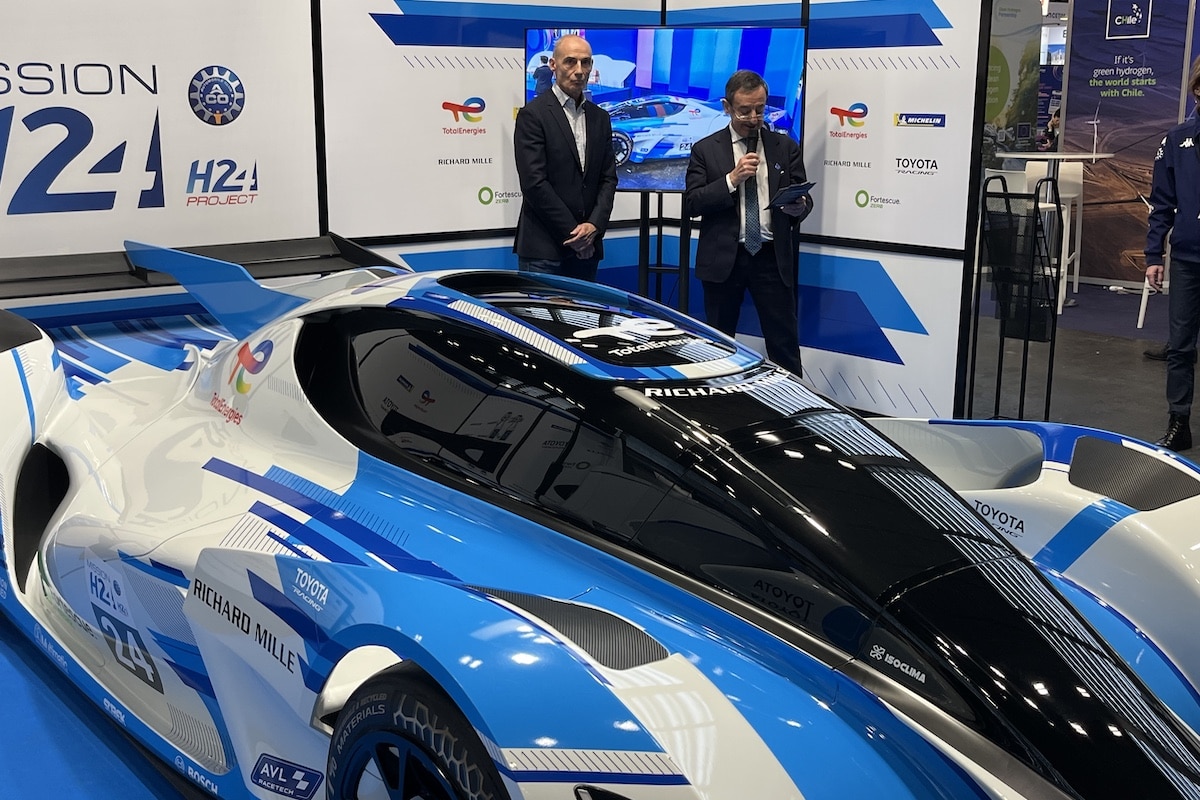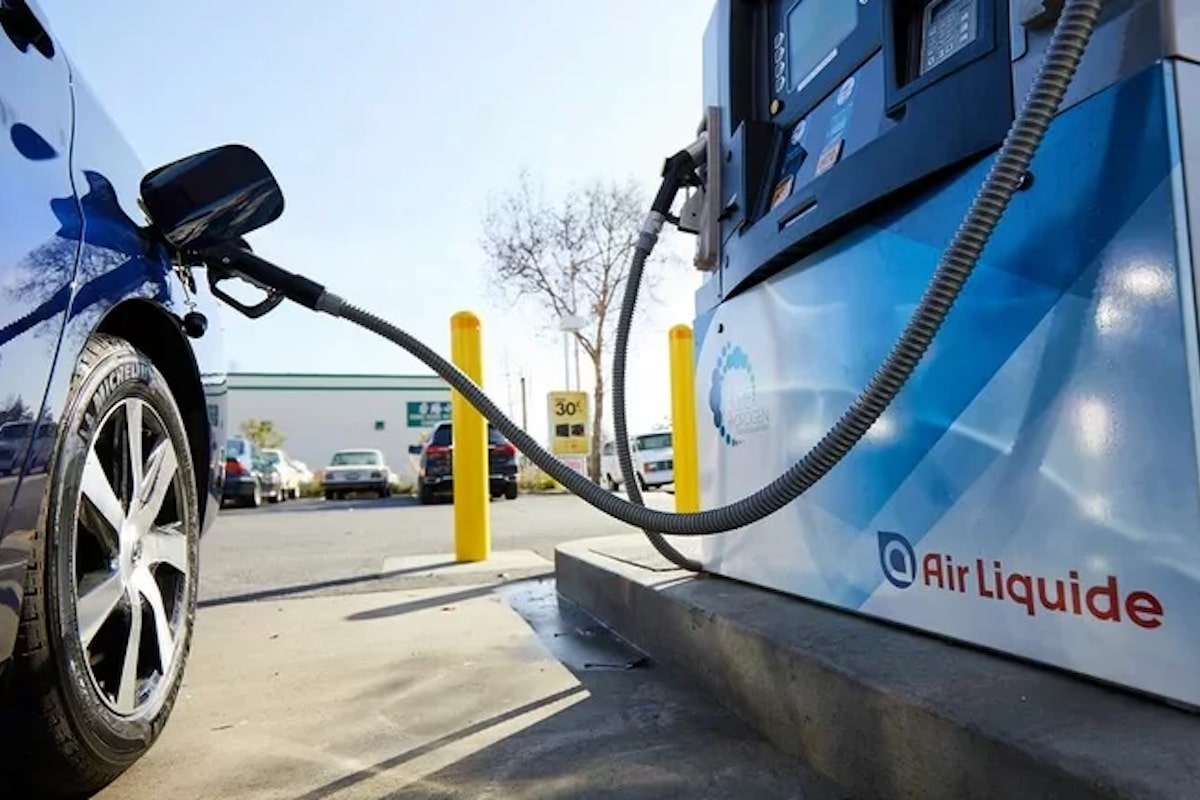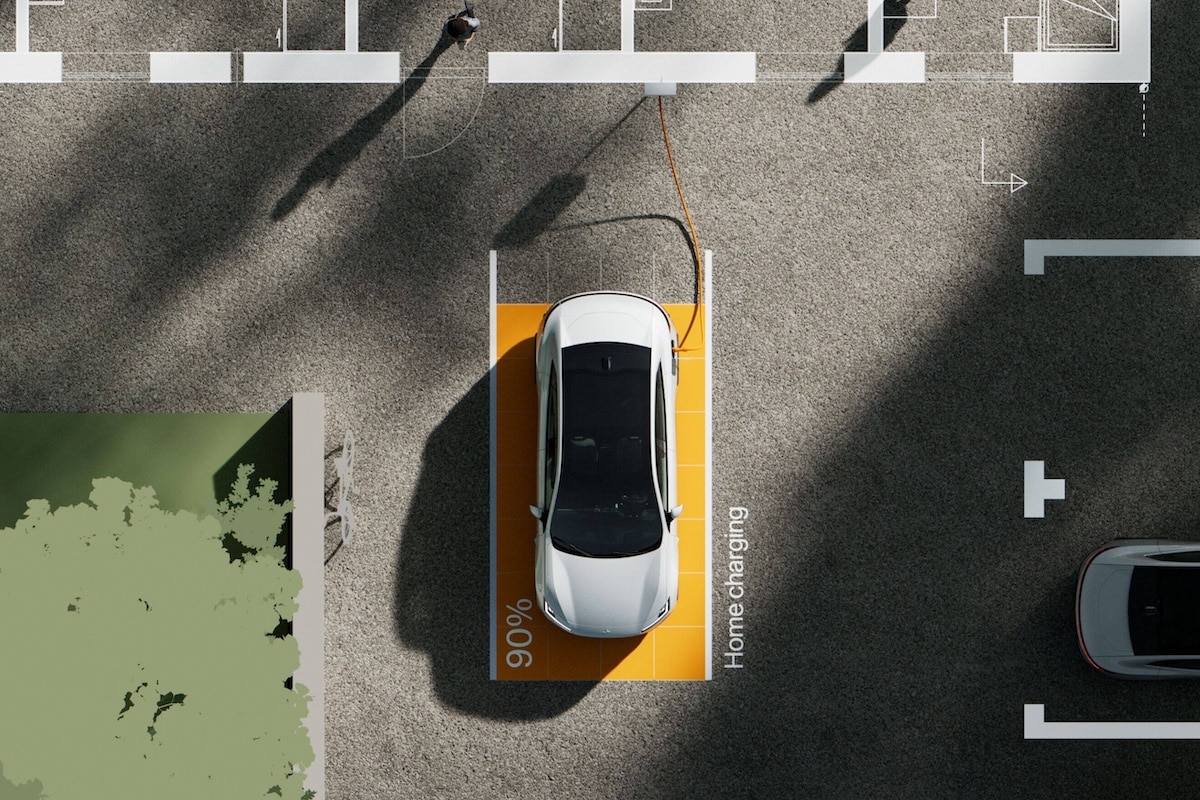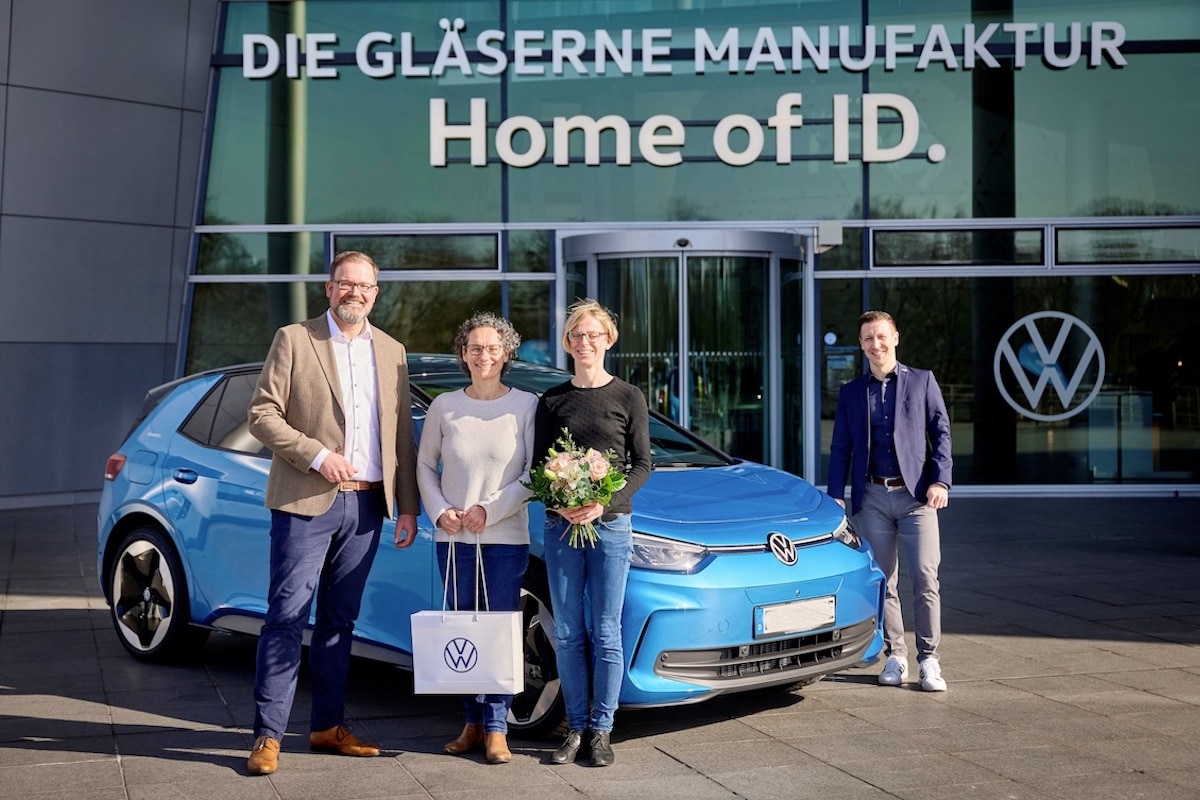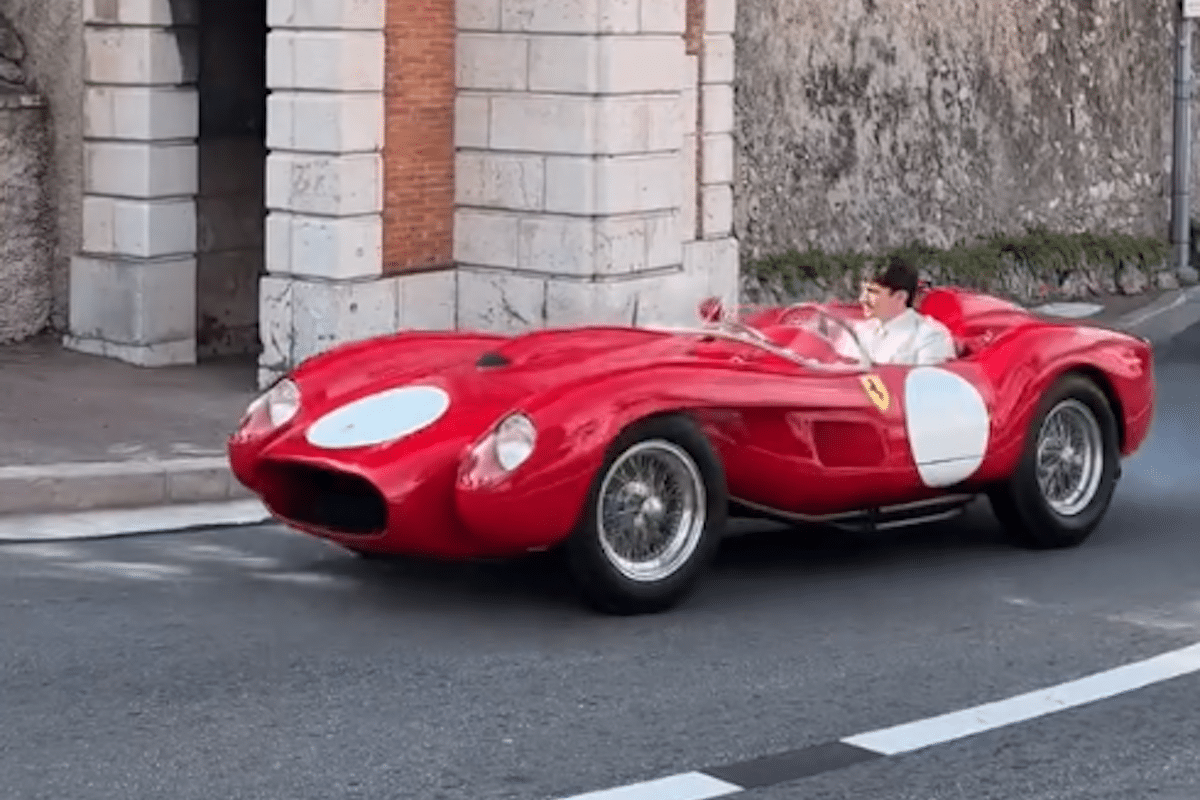Hydrogen Truck: Mercedes Speeds Up
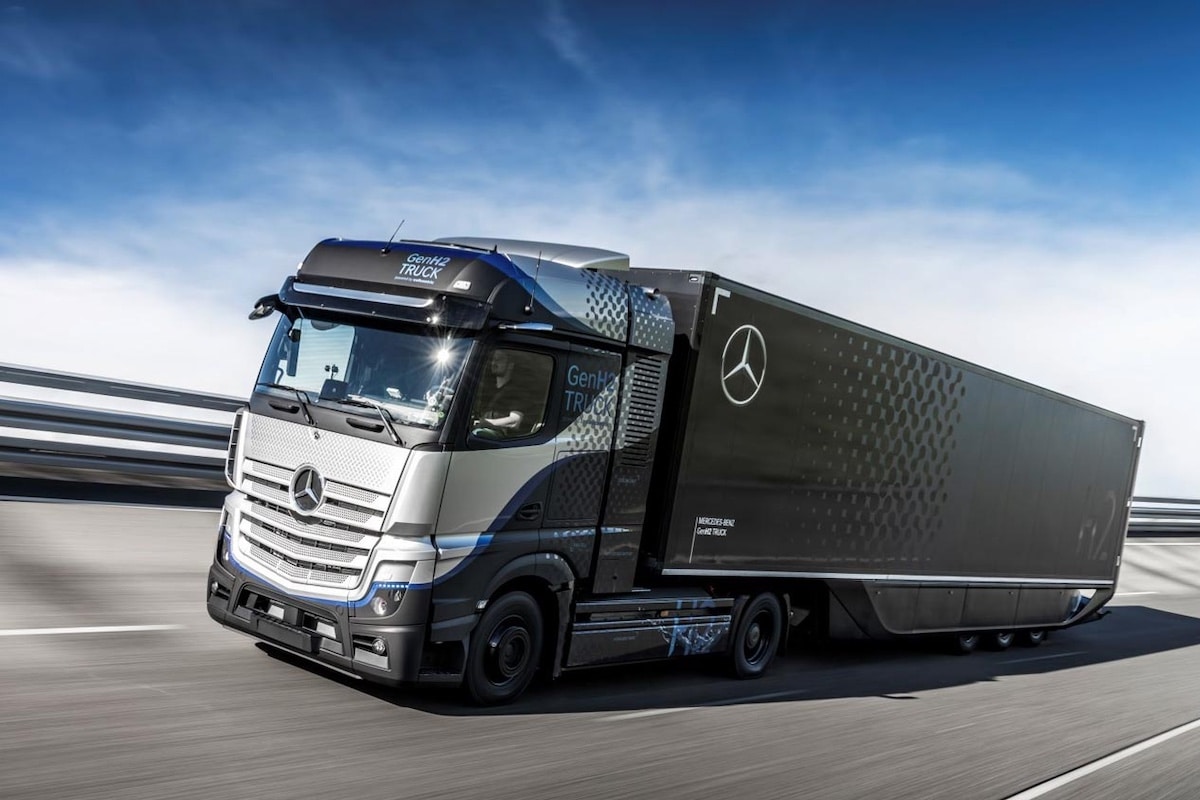
Mercedes launches the second phase of testing for its GenH2 fuel cell trucks to prepare for mass production.
After a successful first phase, Mercedes is opening a new chapter in the development of its hydrogen trucks with five major partners: Hornbach, Reber Logistik, Teva Germany, Rhenus, and DHL Supply Chain. For about a year, each will operate a Mercedes-Benz GenH2 Truck in their daily operations, covering missions ranging from temperature-controlled pharmaceutical transport to long-distance international flows. The goal remains clear: to confront the technology with real-world conditions, refine the mass production process, and prepare tailored sales and service processes.
This initiative is part of Mercedes’ decarbonization strategy, which relies on both batteries and hydrogen to achieve CO₂-neutral transport. Initial customer feedback has already optimized various technical parameters, and this new campaign aims to further expand the range of real use cases.
Development in Real Conditions
The partner companies praise this tangible advancement. DHL Supply Chain is testing a zero-carbon transport solution that combines a fuel cell truck with a 100% electric refrigerated trailer across several German states. Hornbach will integrate the GenH2 into its fleet dedicated to recyclable materials, an activity that plays a key role in its circular economy. Teva Germany, a major player in the pharmaceutical sector, will test hydrogen on its national routes to enhance its sustainable logistics strategy. Reber Logistik, already familiar with all-electric solutions, is directly comparing the technologies, while Rhenus views this phase as an essential step to prove that logistical efficiency and climate can coexist.
The Mercedes-Benz GenH2 Truck presents itself as a credible alternative to long-distance diesel: 40 tons of gross vehicle weight, 25 tons of payload, continuous power of 300 kW, and liquid hydrogen storage providing extended range. The first prototypes have already covered more than 225,000 km, with an average consumption of between 5.6 and 8.0 kg/100 km.
You might be interestedin this article:
The next step is already scheduled: a small-scale production of 100 units by the end of 2026. However, due to insufficient refueling infrastructure, the true ramp-up of hydrogen trucks will not occur until the early 2030s. Nevertheless, Mercedes is laying the groundwork, convinced that liquid hydrogen will play a key role in the future of long-distance transport.
ALSO READ: Amazon impresses with a convoy of Mercedes eActros 600
This page is translated from the original post "Camion à hydrogène : Mercedes accélère" in French.
We also suggestthese articles:
Also read

